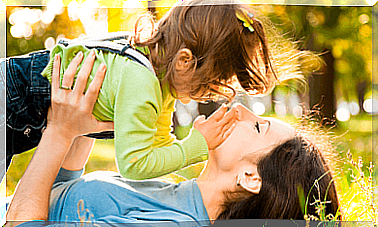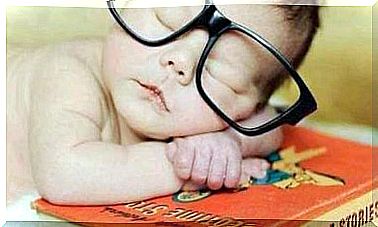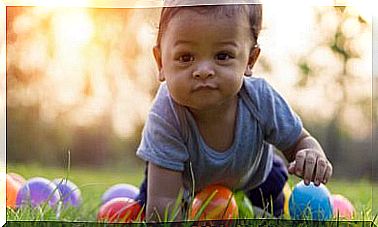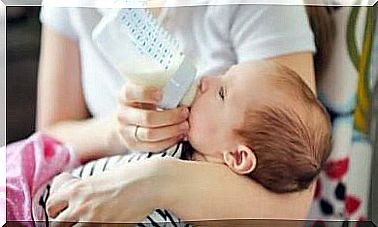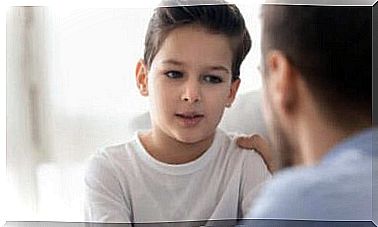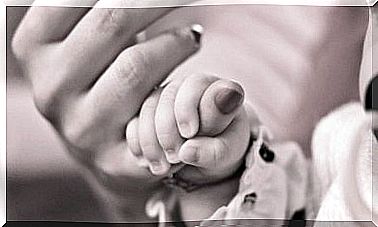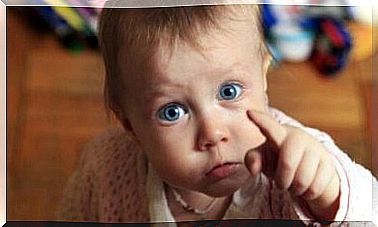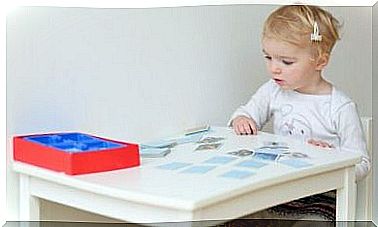Toxic Parents: Types And How To Identify Them
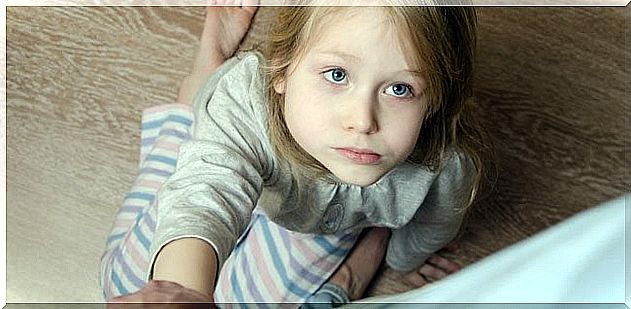
Toxic parents are those who believe they are helping or protecting but are actually harming their children without realizing it.
From the moment we become parents, our only concern is the well-being of our babies.
We want to provide all the opportunities that we didn’t have and leave them within reach of our children, often without them knowing the difficulty and the work involved.
However, at other times, we sin by being too serious and uncompromising, which is also negative.
The same happens when we put our needs always ahead of our children or when we want them to do what they are supposed to do at all costs.
That’s why we have to reflect on the following question: how to identify a toxic parent?
Types of toxic parents
The Helicopters
They are parents who overprotect their children by taking care of all their chores and problems, from talking to teachers to choosing the right friends.
This situation ends up causing anxiety and stress disorders in children.
It prevents them from properly developing their own independence and from facing certain situations that contribute to emotional maturity.
The Competitives
It is those toxic parents who project their frustrations and desires onto their children.
They are usually authoritarian people, who force their children to get the best grades or excel in any discipline, even if this involves hours and hours of work.
Most of the time they don’t stop to ask their children what they really want.
This type of parent ends up creating competitive adults, with stress issues, need for recognition, acceptance and low self-esteem.
the baboons
At first glance they are the ideal prototype of the father figure from the eyes of a child: permissive, generous and forgiving.
They never set limits on their children and accept their every whim. They believe that this way they make them happy, but in fact they are turning these children into selfish and capricious people.
They are usually people who have had a strict upbringing or who have not been able to spend much time at home. They try to fill their children’s emotional needs with gifts or excessive freedom.
the manipulators
They are those parents who intend to make their children do what they want. They often use emotional blackmail, psychological aggression (in extreme cases also physical) and manipulation.
They raise children with an enormous sense of inferiority and guilt, easily manipulated.
They are victimized people, capable of lying or misrepresenting conversations for their own benefit and are fundamentally characterized by their selfishness.
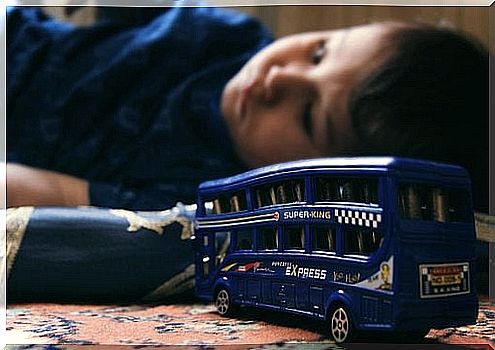
The Absents
As their name implies, they are almost never present in your children’s lives. Sometimes it can be due to professional reasons, sometimes due to a marital separation.
Children suffer from a great feeling of abandonment and a great lack of affection. Many of them even feel hatred and admiration for this type of father figure.
These kinds of toxic parents don’t make their kids a priority.
The friends
They try to be their children’s best friends. Like Baboons, they don’t set limits thinking that that way they will be more loved.
They often use expressions that they consider “childish”, behave inappropriately and are excessively permissive.
They usually maintain the same attitude towards their children’s friends, often generating a feeling of rejection and shame in them.
This attitude prevents them from being taken seriously. They are not seen as authority figures or respected as such, which ends up creating a serious gap between parents and children.
Is there any solution to these attitudes?
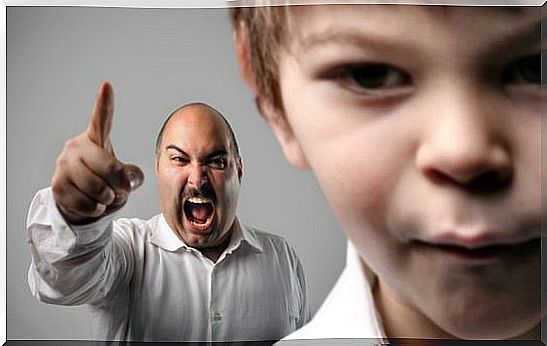
If you have identified with any of these groups, there is still time to change your behavior. It’s no use punishing yourself or feeling guilty: the important thing is to acknowledge the problem.
Sometimes we can become toxic parents because we want the best for our children. The problem is that what we believe to be good is not always really good.
There is only one childhood, and your child needs to go through that step with you. Despite all the father and mother figures around, you will always be a reference for him.
So you need to be aware of your child’s needs and try to build a good bond because no one knows him better than you.
We must not forget that children are still people with their own fears, desires and feelings, which are just as important as those of adults.
Children must be respected and valued because the way they feel at this stage will reflect on the rest of their lives.
